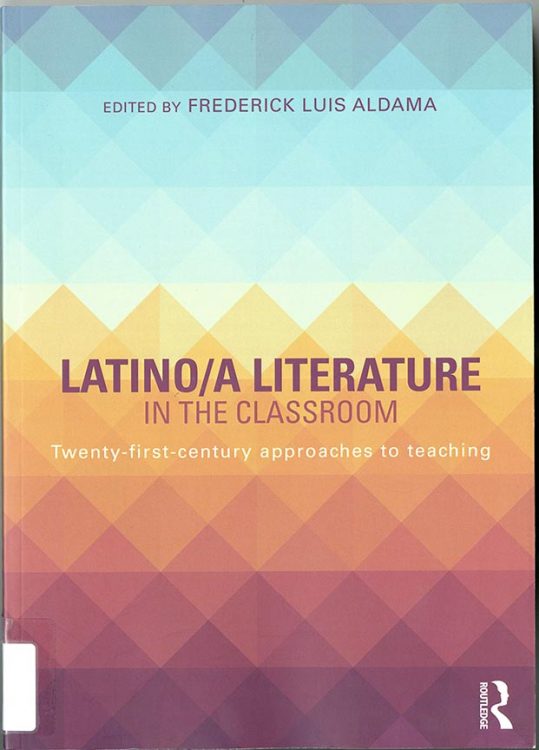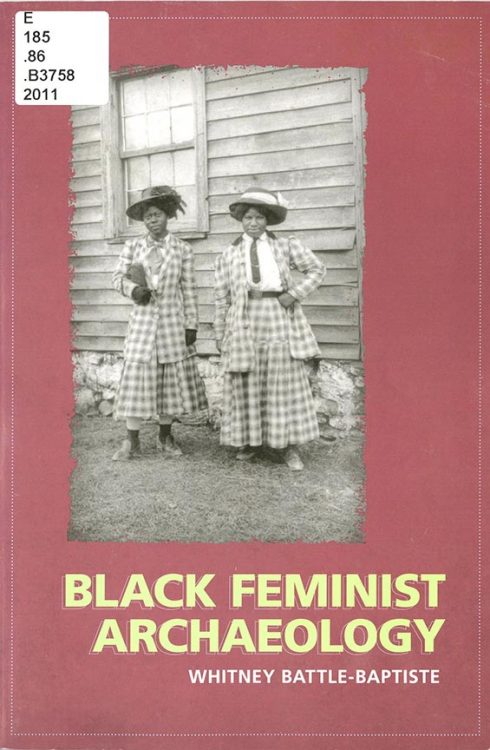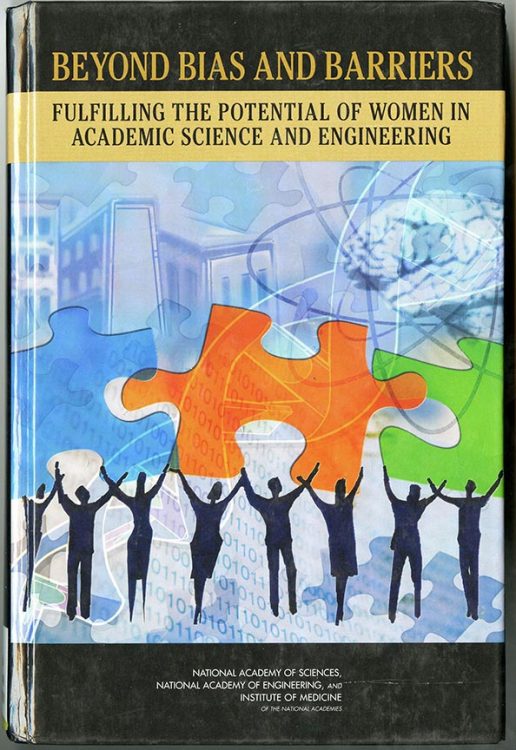Female faculty members of color are so sparse in some disciplines—notably the STEM fields (science, technology, engineering and math)—that percentages are not used for reporting purposes since they are so small that women of color would be rendered invisible. Still, women of color have entered all disciplines. While their numbers have been small, they have managed to not only open the academy to broader participation, but they have often transformed their disciplines and introduced new ways of understanding. Scholars now acknowledge that even the hard sciences are culture-bound, and scientific knowledge results from questions that are driven by cultural and temporal needs.
Titles on display here highlight women of color working in various disciplines such as archaeology, chemistry, and information technology. The selections included showcase some of the ways that the women have transformed college curricula, as well as scholarly practice in their fields.
Kathryn M. Borman, Will Tyson, and Rhoda H. Halperin. Becoming an Engineer in Public Universities: Pathways for Women and Minorities. New York: Palgrave Macmillan, 2010.
Jeannette E.Brown. African American Women Chemists. New York: Oxford University Press, 2012.
Kabba E. Colley, and Binta M. Colley. Resilience and Success: The Professional Journeys of African American Women Scientists. New York: Peter Lang, 2013.
Marcy H. Towns. "Where are the Women of Color? Data on African American, Hispanic, and Native American Faculty in STEM." Journal of College Science Teaching 39, no. 4 (2010): 6-7.
Goran Trajkovski. Diversity in Information Technology Education: Issues and Controversies. Hershey, PA: Information Science, 2006.





